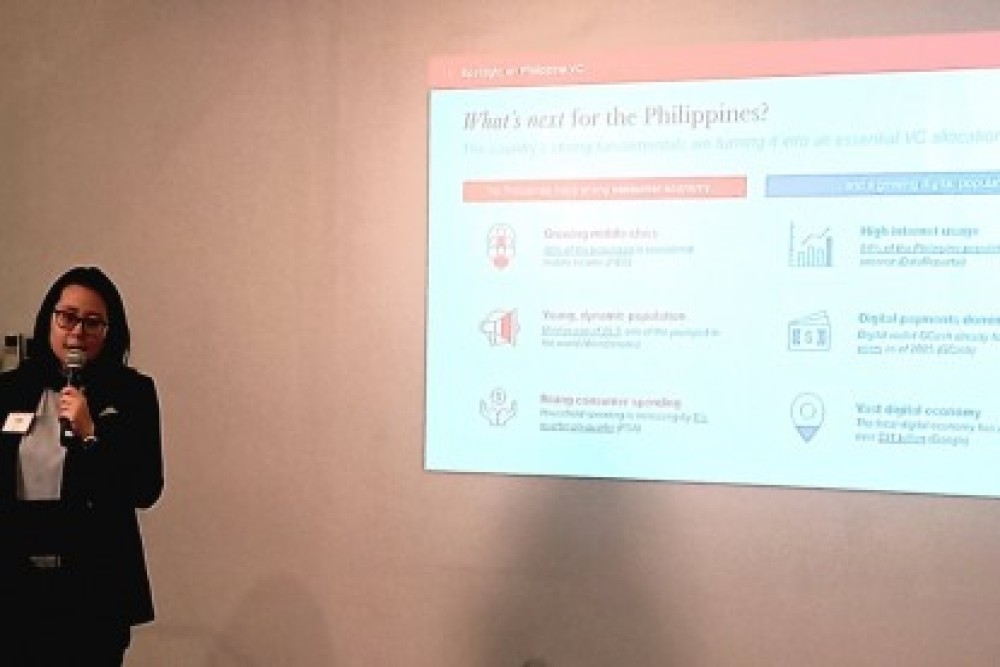Around 15 startups from the Philippines have received funding of around $86.4 million in the first half of 2025, surpassing for the first time their counterparts in Indonesia, which got $78.5 million, a market report showed.
This placed the country fourth in the region in terms of funding deals volume and value after Singapore, Vietnam, and Malaysia, according to the Southeast Asia Startup Funding Report, recently released by DealStreet, a Singapore-headquartered media firm focused on the private capital industry.
This, even with the 20.7 percent annual decline of equity investments in the region to $1.85 billion, the lowest in six years, the report said.
The bulk of the investments in local startups were placed in financial technology (fintech) firms, Joan Yao, Kickstart Ventures General Partner, said in a briefing on Wednesday.
Funding levels in the first six months this year are lower compared to the $237 million in the second half of 2024, but Yao pointed out that this is not unique to the country since this is regionwide.
“The numbers reflect a cautious environment shaped by macroeconomic headwinds and heightened scrutiny of governance standards. Against this backdrop, the Philippines is well-positioned to move from the sidelines to center stage by leveraging its bright spots and strengthening investor confidence,” she said.
And while fintechs registered the biggest share among the investments, given the large number of digital consumers in the country, at over 95 million, Yao said other sectors that attracted funding include health, food and beverage, and retail tech.
“Late-stage deals remain scarce in the Philippines, as elsewhere in the region – an opportunity in Kickstart’s view. Investors are favoring early momentum and founder grit, making their role even more critical in backing strong teams early and helping them scale into regional players,” she said.
Yao declined to give a full-year forecast after noting that local startups continue to show “that there is sustainable value worth investing in the country.”
“I think what's more important is to highlight how our Philippine companies have gotten stronger and built better economics, better governance, and have very concrete results to show for themselves, which is now what is attracting investors to our market,” she said.


